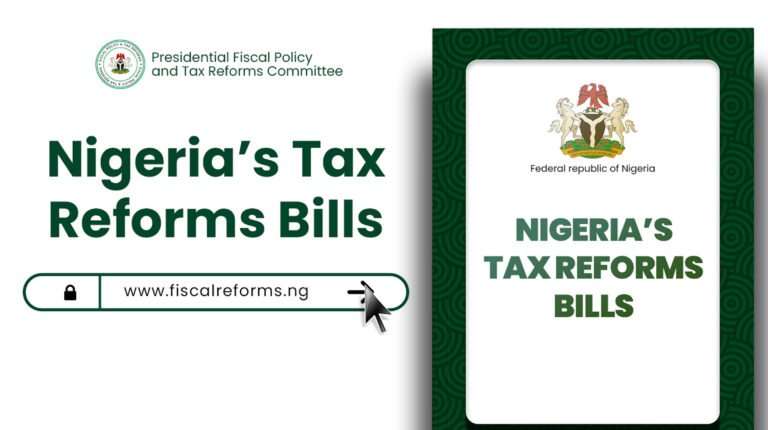Nigeria is poised to implement sweeping tax reforms aimed at transforming its fragmented tax system into a more efficient, transparent, and equitable framework starting January 1, 2026. President Bola Tinubu signed into law four key tax reform bills in June 2025, signaling a new dawn for Nigeria’s fiscal policy and business climate.
The reforms consolidate various tax laws under one comprehensive Nigeria Tax Act, replacing over 50 redundant levies and simplifying tax administration. The newly established Nigeria Revenue Service (NRS) will serve as an autonomous agency, overseeing revenue collection with enhanced coordination among federal, state, and local governments through the Joint Revenue Board Act.
Designed with a strong emphasis on fairness, the reforms provide notable tax relief for low-income earners and small businesses. More than one-third of Nigerian workers will be fully exempt from Personal Income Tax (PIT), benefiting from increased exemption thresholds. Small and micro businesses earning below ₦100 million annually will no longer be taxed on corporate income or subjected to Value Added Tax (VAT), withholding tax, or PAYE, easing their financial burden and encouraging growth.
Remarkably, the reforms eradicate VAT on essential goods and services like food, education, and healthcare, which account for a significant share of household expenses. Additional exemptions cover housing, transportation, and accommodation, collectively impacting over 80% of Nigerians’ spending patterns, thus potentially driving down living costs and enhancing disposable incomes.
From an economic perspective, the reforms introduce progressive taxation while tightening compliance through increased penalties for evasion and introducing measures such as the Development Levy, aligning tax collections with funding for social infrastructure like education, science, and security.
The reforms also enshrine taxpayer protections by introducing a Tax Ombudsman’s office to address grievances and arbitrate disputes, a move designed to build public trust and transparency in tax administration.
These changes synchronize with Nigeria’s fiscal calendar to ensure smooth transition, allowing all stakeholders ample time to prepare and align systems with the reforms. Overall, the tax overhaul not only improves revenue generation to boost government spending capacity but also fosters a more enabling business environment, encouraging investment and economic diversification.
As Nigeria strides toward implementing these landmark reforms, the outlook is positive for empowering citizens, supporting enterprises, and creating a sustainable fiscal architecture poised to accelerate national development.
More than news- Its Icegate

